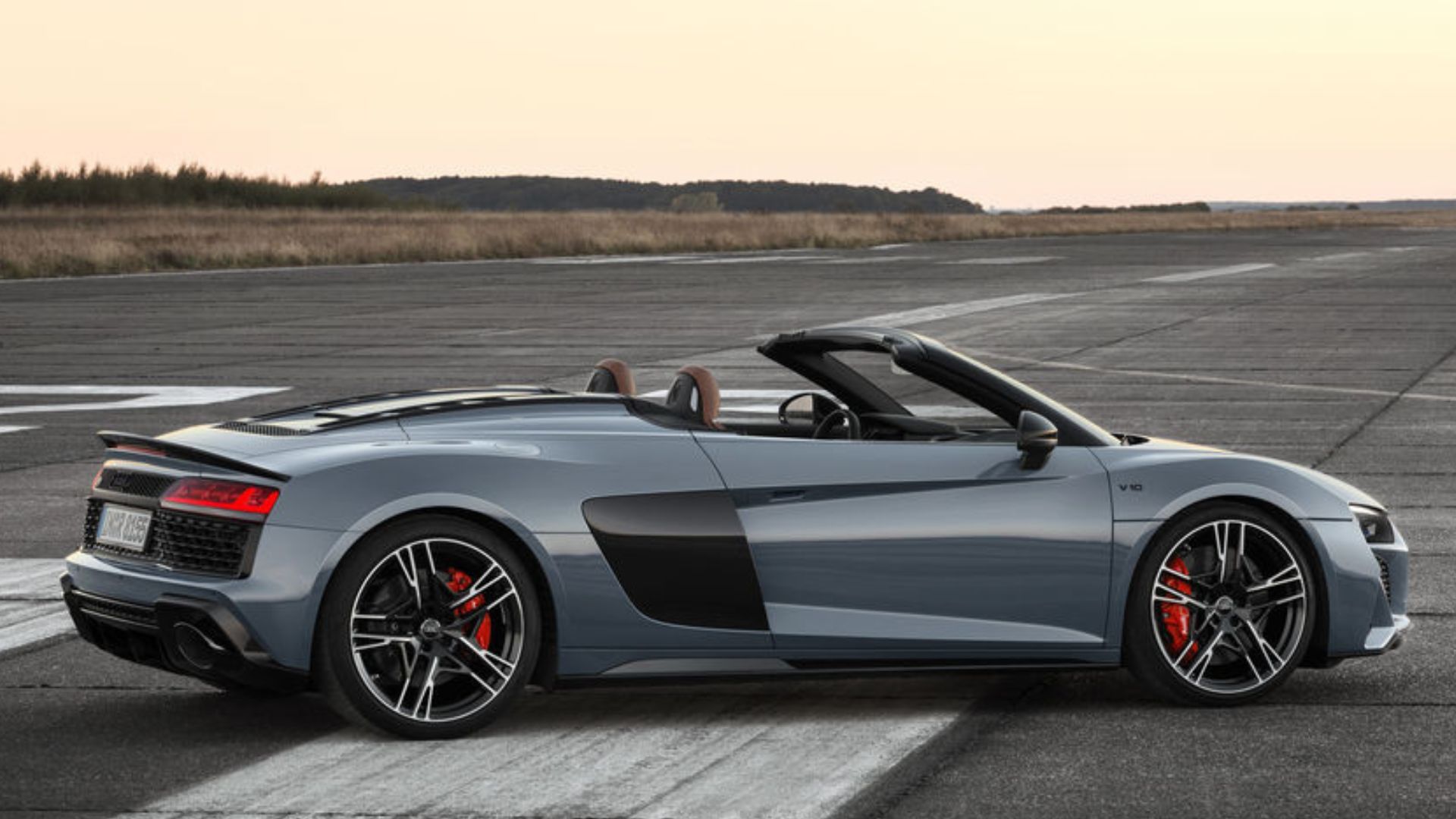All new cars are getting black boxes, too…
The European Union has been accused of being a nanny state by many critics for some time. A new batch of car regulations isn’t helping those who fight such accusations. One involves using Intelligent Speed Assistance to stop drivers from exceeding the posted speed limit and another mandates the installation of black boxes on all new vehicles.
Check out the latest Motorious Podcast here.
Intelligent Speed Assistance is pretty straightforward and something we’ve seen automakers experiment with for a while. The system either uses traffic sign recognition technology or analyzes data from onboard navigation to determine what the speed limit is wherever the car might be. If it determines the driver is speeding, it can give an audible warning, vibrate the steering wheel, provide haptic feedback through the accelerator pedal, or automatically slow the vehicle down to the posted limit. For now, automakers get to choose which of the responses their cars provide.
At least for now, drivers will be able to override Intelligent Speed Assistance. That’s how it begins, but we know the ultimate dream is to have cars make drivers obey speed limits, then have everyone buy self-driving vehicles which are always compliant to the government’s wishes. It will all turn out fine.

Starting this month, all new cars, trucks, buses, etc. manufactured in Europe will have to come equipped with a black box similar to what you find in airplanes. The device will record information like vehicle speed, airbag deployment, brake forces, steering angle, and seatbelt use, allowing investigators to get a better idea of why a crash might have happened. However, not everyone is excited about this new regulation.
The European Union has been reassuring motorists the new black boxes won’t record audio in the car’s cabin. Some apparently were concerned about privacy, thinking the car black boxes would provide full audio like they do in airplanes. Others were worried private information on the vehicle touchscreen would be saved on the black box, which for now isn’t the case. In fact, the devices only record 40 seconds of data at a time, then erase that. But those concerns only scratch the surface of objections Europeans have about these vehicle black boxes.
An organization in France called 40 Millions d’automobilistes is concerned this new black box rule won’t stop just with new cars. Group head Pierre Chasseray explained it could then be retroactively required in all older cars, costing owners several hundred euros to have it installed. He believes this extended regulation will be coming in 2024.

The concern of consumers having to eat the cost of this new safety technology doesn’t stop there. Some are worried it will increase the prices of new vehicles, especially as materials like aluminum continue to be in short supply. With car prices rising all around the world, automakers’ claims this won’t affect cost for consumers largely fall on deaf ears. After all, computer chips or semiconductors will be necessary for the black boxes to work, and with those in such short supply some production lines have been shuttered for weeks on end, this plan seems ripe for disaster.
There has been talk about doing something similar in the United States. Undoubtedly, both those who are for the inclusion of car black boxes and those who oppose them will be watching the EU rollout closely.
Sources: Politico, The Connexion, The Brussels Times





